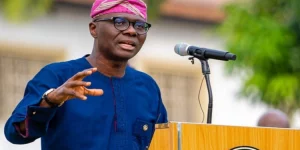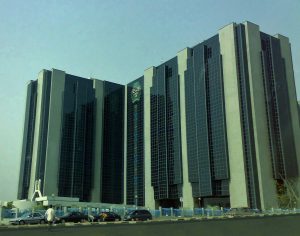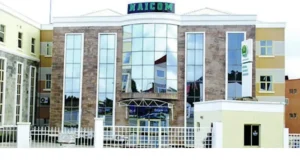
At a recent roundtable, industry experts highlighted debt financing as a critical funding alternative for emerging startups, particularly as venture capital inflows continue to shrink.
The roundtable, organised by Fluxis Capital, held at the UNDP Innovation Centre in Lagos, brought together founders, investors and debt providers, where participants exchanged ideas on the growing importance of debt in Africa’s startup ecosystem.
The dialogue came at a time when African startups are increasingly turning to alternative financing. In the first half of 2025, they raised about $1.35 billion, with $400 million of that coming from debt – a 55 per cent increase from the same period last year.
Against the backdrop of slowing venture capital inflows, speakers described debt as “a lifeline” and “a tool for long-term growth”.
Founder of Fluxis Capital, Tolulope Omoleye-Osindero, underscored the shift. “In 2021, startups across Africa raised over $5 billion, but today we are seeing much smaller numbers. This has been described as a funding winter. What it means is that founders can no longer rely only on equity; they have to show stronger revenue models, and debt is increasingly becoming part of the growth conversation,” she said.
The event featured three panels, including a borrowers panel with the theme: ‘Unlocking Growth with Debt.’ Founders discussed lessons from raising and using debt in Nigeria’s challenging market, pointing to real examples of scaling logistics, fintech, and consumer businesses.
During the lenders’ panel, which focused on ‘What Debt Providers Actually Look For,’ bankers and private credit providers highlighted factors such as governance, repayment history, and transparent financials as signals of credit readiness.
At the investor panel, where speakers deliberated on ‘Smart Capital Architecture,’ investors and development finance institutions explained how blended structures such as equity mixed with debt and grants can improve sustainability and reduce risk.
Speakers emphasised better borrower preparation, the need for hybrid capital models, and a stronger relationship between traditional financiers and Nigeria’s tech community.
One panelist neatly captured the strategic role of different capital types, explaining, “Equity is there to fund the vision, but debt is what you use to build the machine.” This sentiment resonated in discussions about using debt for tangible needs like financing assets or funding working capital, while reserving equity for more strategic, long-term bets.
Indeed, The Guardian checks showed that as of the first half of 2025, startup funding in Nigeria is experiencing a significant shift. While it remains a key player in the African tech ecosystem, it has seen a notable decline in its dominant position, with other countries like South Africa and Egypt attracting more capital.
Nigeria, once the clear leader in African startup funding, has slipped to fourth place in the first half of 2025. This is the first time this order has been seen since 2020.
Nigerian startups raised approximately $176 million in the first half of 2025, marking the country’s weakest half-year for funding since the second half of 2020.
The overall African startup ecosystem is showing signs of a comeback, with startups raising over $1 billion in the first five months of 2025. However, Nigeria’s share of this total has shrunk.





